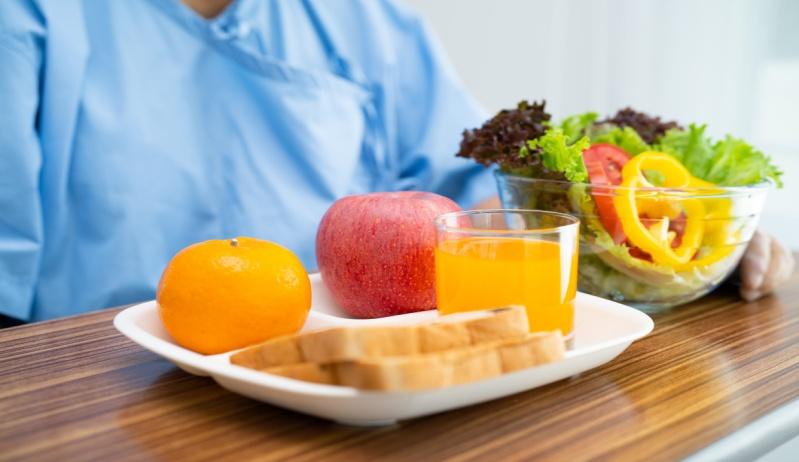Proper nutrition plays a vital role in post-surgery recovery. It can help promote wound healing, prevent complications, and provide the energy and nutrients your body needs to regain strength.
Here are some guidelines to help you make healthy food choices during your recovery:
Focus on Protein:
Protein is crucial for tissue repair and healing. Include lean meats, skinless poultry, fish, eggs, dairy products, beans, and nuts in your diet to meet your protein needs.
Choose Whole Grains:
Opt for whole grains such as oatmeal, whole wheat bread, brown rice, and whole wheat pasta. These foods provide essential nutrients and fiber, which can aid digestion and prevent constipation.
Emphasize Fruits and Vegetables:
Include a variety of fruits and vegetables in your meals. They are rich in vitamins, minerals, and antioxidants that support the healing process. Aim for colorful options like oranges, kiwis, berries, leafy greens, carrots, and bell peppers.
Include Healthy Fats:
Incorporate healthy fats like olive oil, canola oil, peanut oil, and nuts into your diet. These fats provide energy and support nutrient absorption. Avoid saturated and trans fats found in fried and processed foods.
Get Iron-Rich Foods:
Iron is essential for red blood cell production and oxygen transport. Consume iron-rich foods such as lean meats, organ meats, poultry, seafood, fortified cereals, nuts, seeds, and spinach.
Don’t Forget Calcium:
Calcium is crucial for bone health and muscle function. Include calcium-rich foods like dairy products, soy milk, tofu, canned fish with bones, fortified products, and green leafy vegetables.
Stay Hydrated:
Drink plenty of fluids, including water, milk, fortified soy beverages, soup, and fruit/vegetable juice. Staying hydrated is essential for wound healing and overall well-being.
Limit Sugary Foods:
Avoid foods high in refined sugar, such as cakes, cookies, chocolate, and sweetened beverages. High sugar intake can affect blood sugar levels and hinder the healing process.
Avoid Alcohol:
Alcohol can interfere with medications, dehydrate the body, and impede wound healing. It’s best to avoid alcohol during the recovery period.
Minimize Processed Foods:
Processed foods are often low in nutrients and high in preservatives, sodium, and unhealthy fats. Limit your consumption of fast food, chips, and fries.
Remember, everyone’s nutritional needs may vary, so consult with your healthcare provider or a registered dietitian for personalized dietary advice based on your specific condition and Post-Surgery recovery process. By nourishing your body with the right foods, you can optimize your healing and get back to your regular activities sooner.
Why is protein important after surgery?
Protein helps with tissue repair and supports wound healing.
What types of foods should be limited during recovery?
Avoid sugary foods, alcohol, and processed foods as they can hinder healing.
How does staying hydrated help post-surgery?
It supports wound healing and overall recovery by keeping the body functioning properly.

